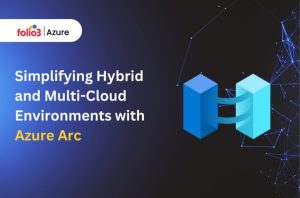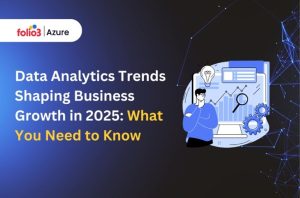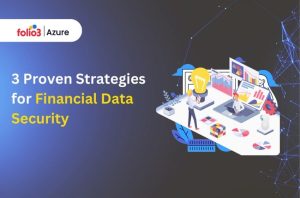Table of Contents
ToggleData-driven decision-making places a premium on the speed and accuracy with which data can be extracted, transformed, and loaded (ETL). ETL tools are the backbone of modern data integration, and choosing the right one can make or break your data strategy. With a plethora of options available, making an informed decision is crucial. In this guide, we will dive deep into the world of ETL tools and compare the top 5 competitors with Azure Data Factory. By the end of this article, you will have a clear understanding of why ADF stands out as the best choice in 2023 for your data integration needs.
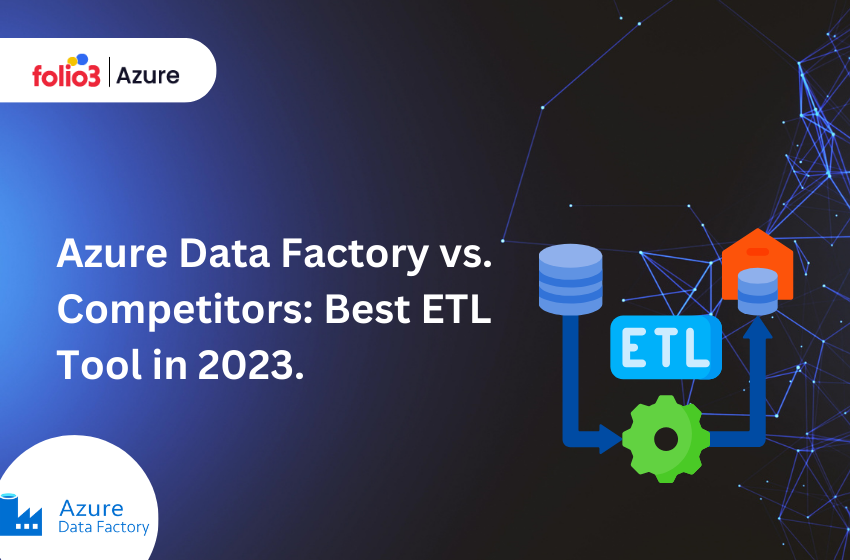
Top 5 ETL Tools in 2023
Before we get into the intricacies of Azure Data Factory, let’s first take a look at the top 5 ETL tools that are making waves in 2023. After that, we’ll get into the details of the Azure Data Factory. These tools were chosen after careful consideration of their widespread use, useful features, and overall efficacy in the industry.
1. Azure Data Factory
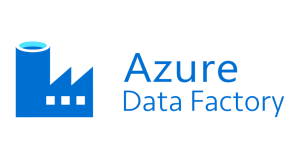
Azure Data Factory is a cloud-based data integration solution that is offered by Microsoft. It gives you the ability to develop, schedule, and manage workflows that are data-driven, making it an effective ETL solution for enterprise use. ADF is able to enable hybrid data integration, which allows for the smooth connection of on-premises and cloud data sources.
Pros:
- Integration with Microsoft Ecosystem: Seamless integration with Microsoft technologies like Azure, SQL Server, and Power BI.
- Scalability: Offers elastic scalability to adapt to varying data processing needs.
- Hybrid Data Integration: Excellent for connecting to on-premises and cloud data sources.
- Security and Compliance: Robust security measures and compliance certifications.
- Cost Management: Provides tools for monitoring and optimizing spending.
- Extensive Ecosystem: Integration with other Microsoft services for advanced analytics.
Cons:
- Learning Curve: Complex features may require a learning curve for beginners.
- Costs: While cost management tools are available, costs can escalate with extensive usage.
2. Informatica PowerCenter
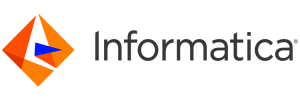
A dependable ETL solution, Informatica PowerCenter is well-known for the extensive data integration features it possesses. The fact that it provides comprehensive data transformation, data quality, and data governance capabilities has made it a choice among businesses that have complex data requirements.
Pros:
- Robust Data Integration: Known for advanced data transformation and data quality features.
- Data Governance: Offers strong data governance capabilities.
- Wide Adoption: Trusted by enterprises with complex data needs.
Cons:
- Costly: Licensing and maintenance costs can be high.
- Complexity: May be overwhelming for smaller businesses with simpler data needs.
3. Talend
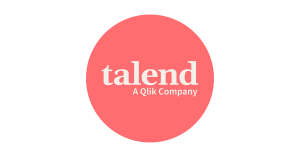
In recent years, there has been a substantial rise in the popularity of the open-source ETL tool known as Talend. Because of its intuitive user interface and wide library of pre-built connectors, it is a good option for firms that want to speed up the data integration procedures that they are already doing.
Pros:
- Open Source: As an open-source tool, it’s cost-effective for many organizations.
- User-Friendly: User-friendly interface and a vast library of pre-built connectors.
- Versatile: Suitable for a wide range of data integration scenarios.
Cons:
- Community Support: Limited support for the free version; enterprise support can be costly.
- Scalability: May face challenges with scalability for extremely large datasets.
4. Apache Nifi

Apache Nifi is a data integration tool that is open-source and was created specifically for real-time data processing. It is particularly adept in managing data coming from a wide variety of sources and directing that data to a variety of destinations. This solution is perfect for businesses that need their data processed in a manner that is nearly instantaneous.
Pros:
- Real-time Data Processing: Ideal for real-time data processing and routing.
- Open Source: Cost-effective, especially for organizations with development expertise.
- Community: Active community support and development.
Cons:
- Complex Setup: Setting up and configuring Apache Nifi can be complex.
- Resource Intensive: Resource-intensive in terms of CPU and memory usage.
5. Google Dataflow
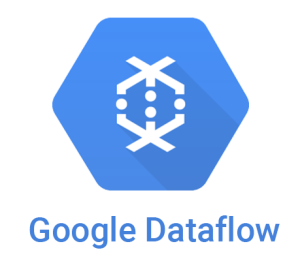
The solution to all of your ETL problems is Google Dataflow, which is part of Google Cloud. It offers a data processing solution that does not require the use of servers and is completely managed. It is possible to construct data pipelines using Dataflow that are capable of handling both batch processing and stream processing. This makes it useful for a variety of use cases.
Pros:
- Fully Managed: A fully managed, serverless data processing service.
- Versatility: Supports both batch and stream processing.
- Google Cloud Integration: Seamlessly integrates with Google Cloud services.
Cons:
- Vendor Lock-in: Tied to Google Cloud, potentially limiting flexibility
- Costs: While serverless, costs can add up with extensive usage.
Each of these ETL tools has its strengths and weaknesses, and the choice should be made based on your specific business needs, existing infrastructure, and budget considerations. Azure Data Factory offers a compelling balance of features, scalability, and integration capabilities, making it a top choice for many organizations in 2023.
Why Azure Data Factory is the Best Choice?
Now that we have presented you with an overview of the top 5 ETL tools that will be available in 2023, let’s investigate the reasons why Azure Data Factory is the optimal solution for your requirements for data integration.
Integration with the Microsoft Ecosystem
The fact that Azure Data Factory is completely integrated into the Microsoft ecosystem is one of the most persuasive arguments in favor of using this service. If your company already makes use of Microsoft technologies like Azure, SQL Server, or Power BI, then utilizing ADF is a choice that should come naturally to you. The handling of data is made much easier and compatibility problems are lessened as a result of this connection.
Scalability
In the realm of data, the ability to scale is an absolute must. The elastic scalability provided by Azure Data Factory enables you to scale up or down depending on the amount of data processing work you need to undertake. The ability of ADF to adapt to your requirements and ensure cost-effectiveness is there whether you experience an unexpected spike in data or need to scale down during periods of lower activity.
Hybrid Data Integration
There are a lot of businesses that run in a hybrid environment, which means that their data is stored both on-premises and in the cloud. Azure Data Factory specializes in hybrid data integration and enables you to connect to a wide variety of data sources regardless of their physical location. This gives you the ability to create hybrid data solutions. Because of this versatility, you will be able to get the maximum value from your data regardless of the location in which it is stored.
Security and Compliance
Compliance and data security are two of the most important challenges for businesses today. Azure Data Factory integrates stringent safety protocols and is compliant with a variety of regulations, including GDPR, HIPAA, and ISO 27001, among others. This ensures that your data continues to be safeguarded and is in conformity with the norms and standards that are imposed by the industry.
Cost Management
Cost management is an essential component of any data integration project that you undertake. You are able to keep track of your expenditures and figure out ways to save costs thanks to the tools and solutions for cost management that Azure Data Factory offers, such as Azure Cost Management and Billing. In order to control costs and stick to your budget, you can setup budgets, establish alerts, and monitor resource utilization.
Extensive Ecosystem
Azure Data Factory is able to function more effectively as a result of Microsoft’s vast ecosystem of tools and services. Your data integration workflows will be able to make seamless use of services such as Azure Synapse Analytics, Azure Databricks, and Azure Machine Learning as a result of this. This interface helps to simplify complicated data circumstances and makes it possible to perform advanced analytics.
Use Folio3 to Facilitate Your Data-Driven Adventure
In conclusion, choosing the appropriate ETL tool is an important decision for any company that wants to capitalize on the power of data. ADF emerges as the clear leader for many enterprises, despite the fact that each of the top 5 ETL tools of 2023 has its own set of benefits.
Forming partnership with a reliable technology provider such as Folio3 for Azure Data Analytics can greatly enhance your data journey and get the most out of Azure Data Factory. The ADF implementation, customization, and optimization processes are all areas in which Folio3 excels. You will be able to unleash the full potential of ADF and propel the data-driven success of your firm with their direction and assistance.
